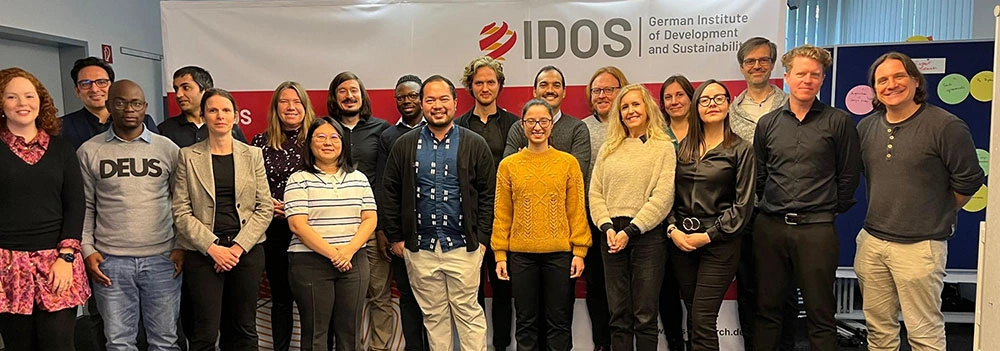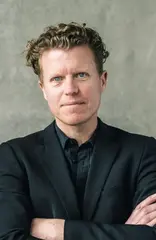Effective and Innovative Policymaking in Contested Contexts

Effective and Innovative Policymaking in Contested Contexts (EIPCC) is a new graduate centre that the Willy Brandt School of Public Policy at the University of Erfurt has launched together with colleagues from the Faculty of Economics, Law and Social Sciences and the Max Weber Centre as part of the Christoph Martin Wieland Graduate Forum at the University of Erfurt.
EIPCC is one of the University of Erfurt's own funded Graduate Centres, which offer structured doctoral studies based on the Erfurt Doctoral and Postdoctoral Programme (EPPP). They serve to support, supervise and qualify young academics at different stages of their careers. The standards and the quality of support, supervision and qualification are ensured by a regular, program-oriented recertification. Both, the graduate centres themselves and the young researchers associated with them benefit from permanent financial and non-material support from within the university.
The key theme of EIPCC is the investigation into effective and innovative forms of policymaking particularly in contested contexts. It covers research on the four dimensions of
- Public Policymaking,
- Socio-economic Development and Effective Policymaking,
- Socially Innovative Policymaking, and
- Policymaking in Conflicted and Contested Orders.
Contestations may arise related to the globalization of economic and social relationships and its consequences for the economic, social and even physical wellbeing of societies; the significant structural and political challenges in the course of ageing societies or international migration; new political forms of contestation such as populist or even extremist parties; and unresolved, violent conflicts. EIPCC is a learning hub bringing together international early career researchers primarily with a focus on (or from) the Global South.
If you would like to join EIPCC, please refer to our general information on postgraduate research or contact us via wbs.eipcc@uni-erfurt.de .
A call for applications will be published shortly.
Speakers
Coordinator
Collegiate Representatives

Members
-
-
Postdoctoral Researcher (Willy Brandt School of Public Policy)
-
-
-
-
Carla Elizabeth Cabanillas Linares
 Research assistant at the Professorship of Public Law, International Law and Comparative Law (Faculty of Economics, Law and Social Sciences)
Research assistant at the Professorship of Public Law, International Law and Comparative Law (Faculty of Economics, Law and Social Sciences)
-
Doctoral Student (Willy Brandt School of Public Policy)
-
-
-
-
-
Associated Members
-
Jalale Getachew Birru

-
Research Associate at the Professorship of Public Law, International Law and Comparative Law (Faculty of Economics, Law and Social Sciences)
-




















